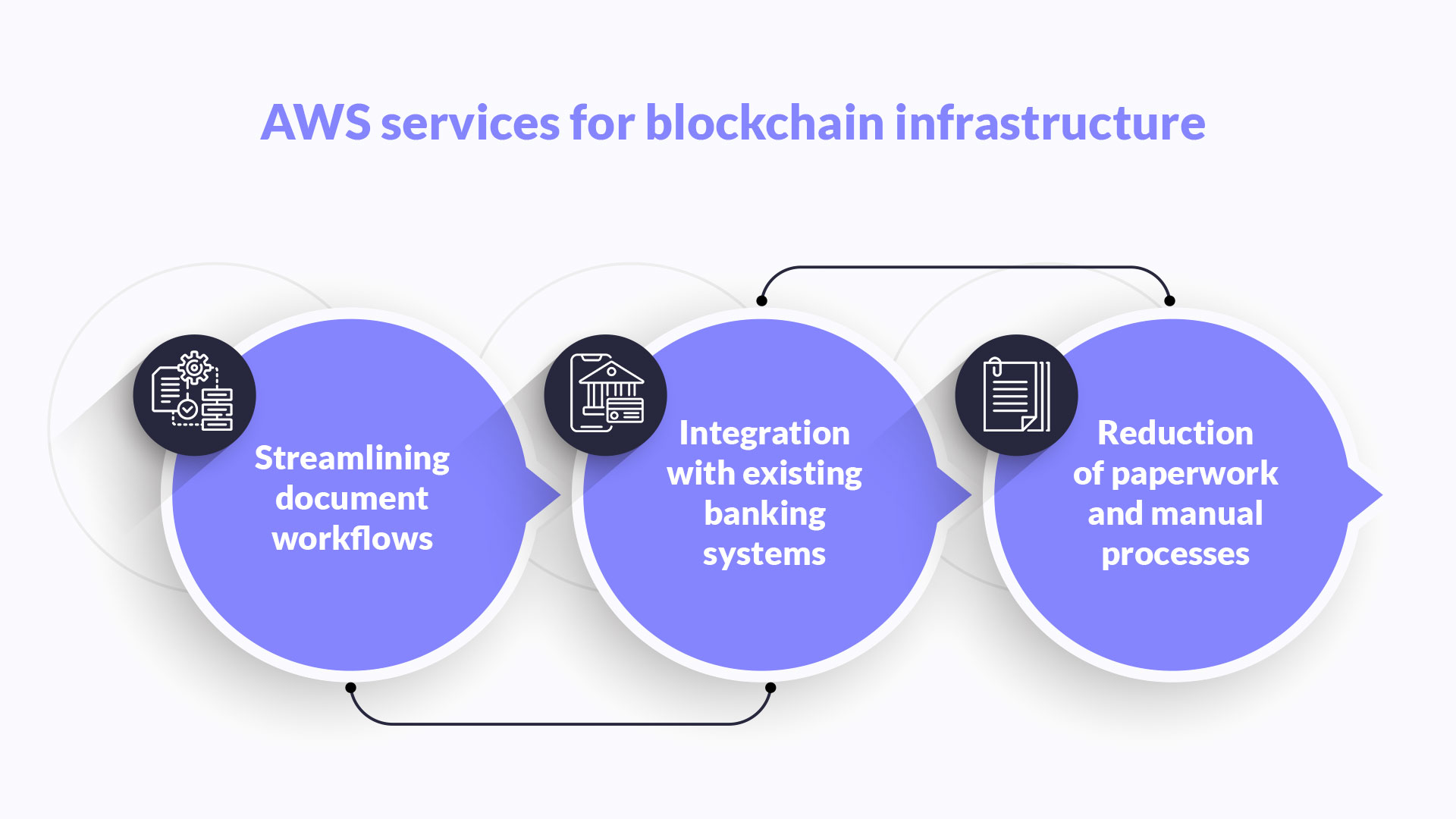The digital signature technology market is expected to reach more than 20.8% value of CAGR by 2033. Today, most financial institutions, including credit unions, need digital signatures to ease operations and increase flexibility. E-signatures or electronic signatures provide end-to-end solutions and help elevate the customer experience.
This article will address considerations before implementing electronic signatures in banking operations.
A banking e-signature enhances customer experience. For instance, loan applications can be processed faster and more efficiently by signing loan documents digitally.
Besides the obvious importance of a digital signature in banking, there are a few things to consider with e-signature integration. But first, let’s start from scratch!
In this article:
Definition and function of digital signatures
Digital or electronic signature solutions are signed online and digitally and not on paper with a pen. The candidate’s online signature is verified by encryption technology, ensuring that the electronic document is verified.
Most developed and developing nations accept digital signatures and consider electronic signatures for banking or e-signatures as legally valid.
Operational efficiency of digital signatures

Streamlining document workflows
Physically signing papers was challenging for people who were away geographically. But with electronic signature or e-signature, you can be physically absent and still able to access your digital documents.
Integration with existing banking systems
The process of the digital signature in banking can be easily integrated with online banking and existing banking systems at financial institutions. Executing multiple processes with various financial services becomes easier, such as completing large amounts of banking transactions or opening a simple bank account.
Reduction of paperwork and manual processes
Adopting a digital signature for banking has been very beneficial for the environment. It also saves money. If a user is remote, it saves on shipping costs, transportation, printing, and using paper documents for tasks like opening accounts. It is a sustainable and time-saving solution. So, being physically present to sign documents is a thing of the past.
Recommended third-party electronic signature providers
DocuSign
DocuSign is considered one of the best e-signature platforms that handles the initial stage to the completion of the document process.
Features:
Highly secured and safe with threat detection capabilities
Supports all files and accurate document management
Real-time status update
PandaDoc
PandaDoc is a convenient way to collect e-signatures and helps fetch them from any device with the highest security and convenience. It is one of the easiest to use and can be used by anyone as it follows simple steps.
Features:
Verifies through SMS and passcode before legally binding the signature
Highly convenient and collects signatures everywhere and anytime
Integrates e-signatures with tools you use with all-in-one API solutions
Dropbox Sign
Dropbox Sign, formerly Hello Sign, is one of the most used e-sign platforms. It is the most convenient platform as it helps with e-signatures and can store many documents in one place securely and hassle-free.
Features:
Pre-built templates for frequently used documents
No-code integration with third-party tools that you use every day
Reminders and notifications for tracking responses and automating email replying so that you do not have to chase after wet signatures
Adobe Sign
If you are a small business owner, Adobe Sign is the best platform for you. It is very simple to use, and you can easily sign documents. It easily integrates with third-party tools such as Microsoft, Salesforce, and much more.
Features:
The PDF document is accessible to sign from a desktop or mobile
No sign-ups are required; directly sign the document and submit it
Helps scan PDFs or other documents right from your device
Name | Best For | Pricing |
A business that frequently deals with signatures | Personal: $10/month Standard: $25/month Business Pro: $40/month | |
For businesses that want more than e-signatures work | Essential: $19/month Business: $49/month | |
Considered to be the best electronic signature platform | Essential: $15/month Standard: $25/month | |
It is for businesses that are occasionally signing a document from a PC | Adobe Standard: $12.99/month Acrobat Pro: $19.99/month |

More on the topic
Mobile banking app development: steps, costs and features
Read this article to learn how to create a mobile banking app, including the main fintech app features and more.
Read moreCompliance with electronic signature laws
Some e-signature laws, different in various parts of the world, require organizations to adhere to compliances for using electronic signatures.
For instance, the E-Sign Act is a federal law that addresses the use of electronic signatures by financial institutions and other organizations in the United States. The purpose of the E-Sign Act and law was to validate e-signatures across the country for easier transactions.
Similarly, the UETA (Uniform Electronic Transactions Act) recognizes that e-signatures are similar to and exactly the same as handwritten signatures. It validates the signature exactly like the signers’ physical signatures.
Compliance with regulatory standards
GDPR stands for General Data Protection Regulation and is the compliance for organizations in European countries. It tells how and what personal data is accessed by companies and how your data is regulated.
Lawfulness, fairness, and transparency
Purpose limitations
Minimizing data
Data accuracy validation
Limited storage
Confidentiality
Accountability
These laws will ensure data is protected and followed with the proper security protocols, maintaining privacy and policies for electronic signatures.
Similarly, PCI-DSS stands for Payment Card Industry Data Security Standard, which is a compliance measure that requires banks to deploy added security measures to protect cardholder information, including uniform electronic transactions.
Banks also have to obey the specific rules of the banking industry, such as AML (anti-money laundering), KYC (know-your-customer), record-keeping, and data retention rules. Comprehensive customer due diligence, transaction monitoring, and audit trail creation and maintenance are required to comply with these regulations. Training staff and periodic audits can ensure your organization follows regulatory compliance.


Thank you for Subscription!
Risk management
Risk management is at the core of all digital signature systems, and when implemented, it is indispensable to banking.
Banks must identify and take risk accountability measures, including technical attacks, cyber threats, human factors, and compliance issues assessment. It is crucial to take suitable measures such as access control, multi-factor authentication, and personnel training into account.
Clearly defined contingency plans for system failures or breaches, including notifications to the authorities, restoration procedures, system restoration, and incident response protocols, are fundamental. Constant testing, plan updates and monitoring, and algorithms designed to perceive time deviations are techniques for successful digital signature adoption.
A comprehensive risk management strategy is the backbone of banks, preventing risks in real time and ensuring the e-signature process goes on without any legal or security glitches.
Still figuring out how to implement e-signatures in your banking business? Geniusee is a leading all-in-one IT solution company with firsthand experience in choosing and helping you implement the right digital signature technology.
Recently, they developed Zytara, a banking service and financial application designed for Gen-Zers. The company decided to implement DocuSign after considering the specific needs of Zytara. However, it wasn’t an easy decision, but it was possible after thorough research and meticulous attention to detail.
Conclusion
So now you know crucial things to consider before implementing e-signature banking. E-signatures will help elevate the customer experience and ease operations.
The best part is that it reduces the need to be physically present while still maintaining the full legal capacity! Implementing e-signatures is a key part of the digital transformation in the banking sector.
If you need help implementing electronic signatures in your banking business, choose our banking software development services.





















